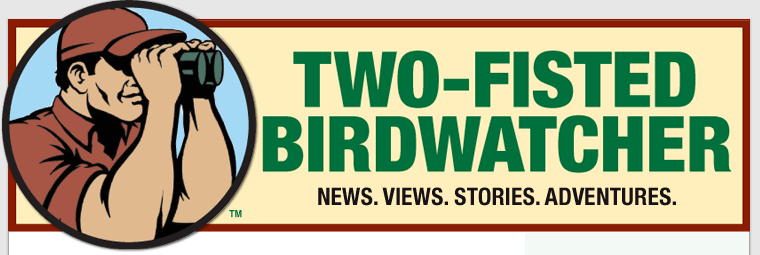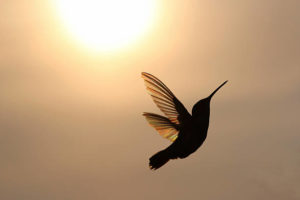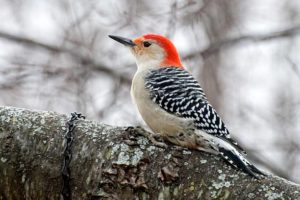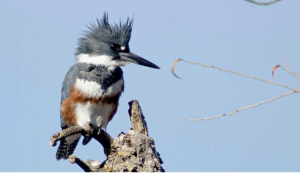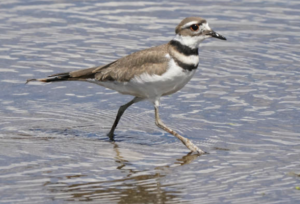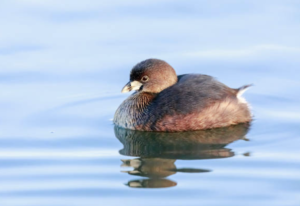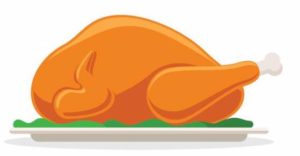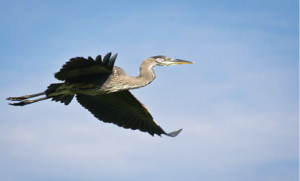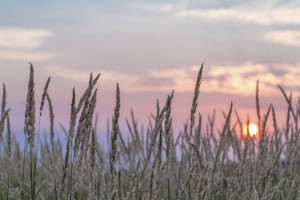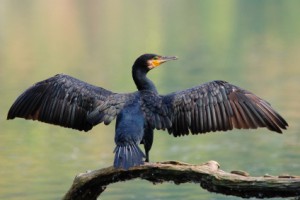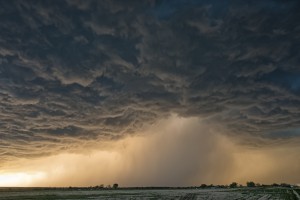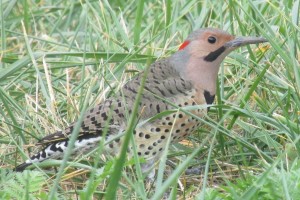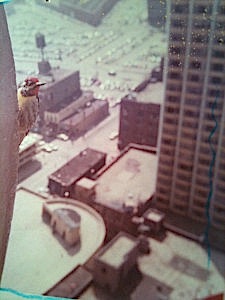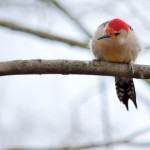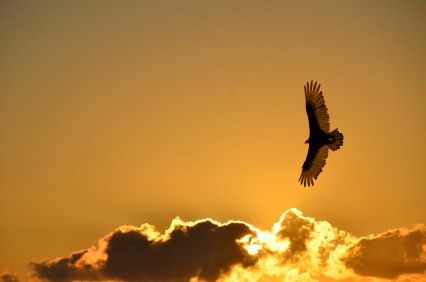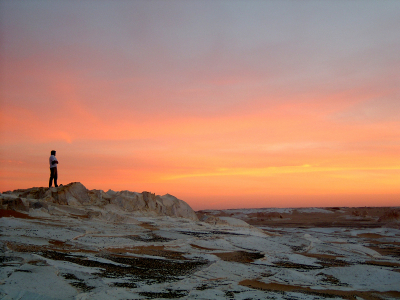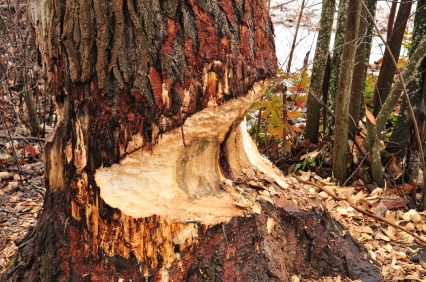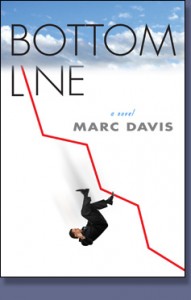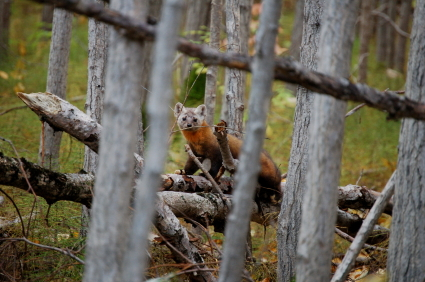Last summer, we put a hummingbird feeder close to our kitchen window. Our Midwestern Ruby-throats appeared, sipped sugar water for a moment, then disappeared. That’s the motto of the hummingbird kingdom. “Appearing and disappearing.”
They made me recall the first time I saw any hummers. Years ago, I was a writer of TV ads on a trip to Hollywood where we’d shoot my commercials. I’d be in the film capital of the world, but also in a hummingbird capital.
The studio owner, a sixtyish success, invited me to join him and his wife for dinner at their home in the hills. My shy impulse was to decline. But during conversations while filming, I mentioned I’d hoped to see a hummingbird on the Coast, since I was somewhat of a bird nerd. “We have feeders on our patio,” he said. “Hummingbirds come in droves! We’ll eat out there.” I accepted.
The evening was mild, the dusk a hazy purple, air scented with eucalyptus and pine. The studio man and his wife were silver-haired, worldly and kind. Their dinner was California cool. And there was wine, a big topic. But also, hummingbirds. Western species I’d heard of, but some I had to look up later, like “Black-Chinned and “Costa’s.” They’d appear at the feeders for a quick visit, then disappear.
The evening was pleasant, but it was soon time to go. We had an early “call” in the morning. Studio business. Setup at seven. Actors in makeup; faces I recognized from sitcoms. Hollywood jazz. But I’d seen exotic hummingbirds. As I left the hilltop house, L.A. lay below, a sprawl of glittering lights to the sea.
I remember all that in detail when I see our hummingbirds. They bring it back, the sights, smells, socializing. Not long after that night, I’d heard that our kindly host had died suddenly. A guy who was happy all those years ago to invite a young business guest to his home in the Hills. Where we enjoyed seeing hummingbirds, humming, flitting, always on the move, appearing and disappearing.
